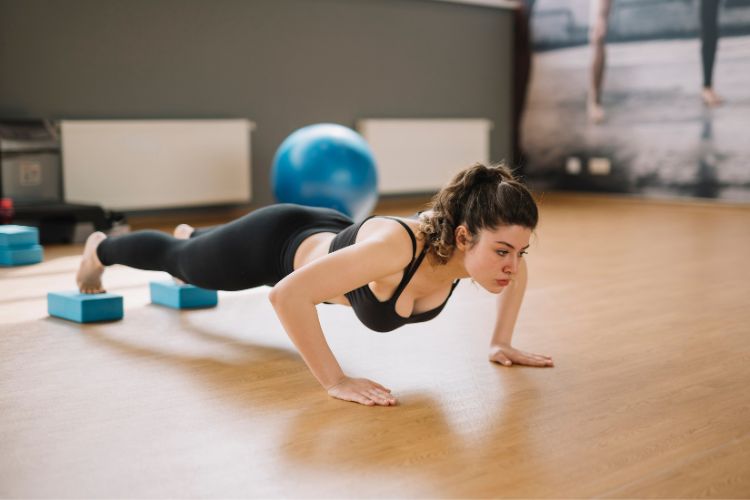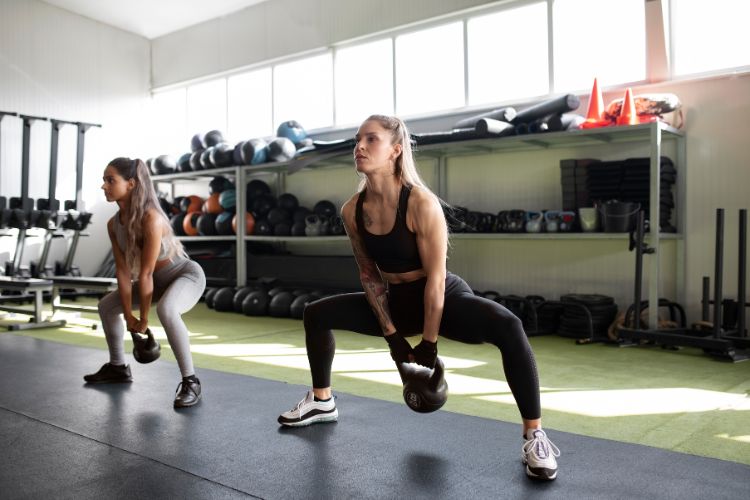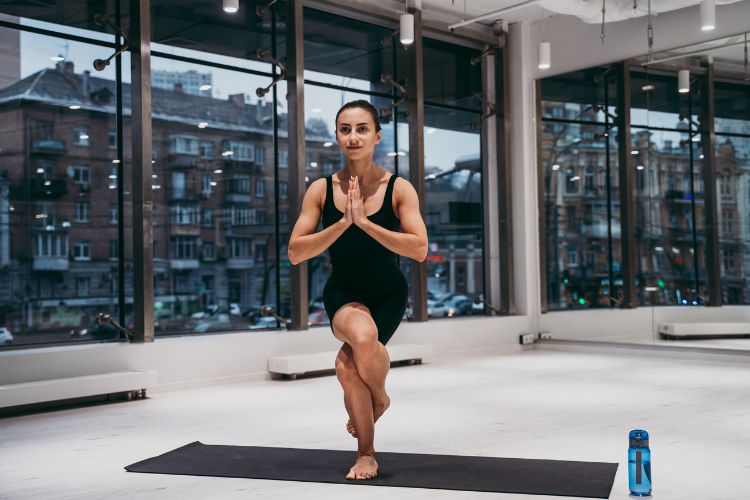Sign up for workout ideas, training advice, reviews of the latest gear and more.






Starting a fitness journey can feel overwhelming, especially if you’re new to exercise or haven’t worked out in a while. But with the right approach, consistency, and mindset, you can make significant progress toward your health and fitness goals. This comprehensive guide provides practical fitness tips for beginners to help you kickstart your workout routine and set yourself up for success.
Before diving into a workout routine, it’s essential to understand your motivation. Why do you want to start exercising? Whether it’s to lose weight, gain muscle, improve mental health, or boost energy levels, having a clear purpose will help you stay committed.
SMART goals—Specific, Measurable, Achievable, Relevant, and Time-bound—can provide structure and clarity. For instance, instead of saying, “I want to get fit,” you might aim for, “I want to run a 5K in 12 weeks.” Breaking larger goals into smaller milestones also helps maintain motivation.
Begin by experimenting with various forms of exercise to find what you enjoy. Options include:
Trying different workouts not only keeps things interesting but also ensures that you engage various muscle groups and develop well-rounded fitness.
For beginners, starting with 20-30 minutes of exercise three to four times a week is sufficient. As your fitness improves, you can gradually increase the duration, intensity, and frequency of your workouts. Avoid jumping into intense routines too quickly to minimize the risk of injury.
Focus on learning proper form for foundational exercises such as squats, lunges, push-ups, and planks. Proper technique reduces the risk of injury and ensures that you’re working the targeted muscles effectively.
If you’re working out at home, consider investing in essentials like:
For gym-goers, familiarize yourself with the equipment and don’t hesitate to ask for help from trainers or staff.
Consistency is key to seeing results. Set aside specific times for exercise and treat them as non-negotiable appointments. Whether it’s morning, afternoon, or evening, choose a time that works best for your lifestyle.
Rather than aiming for perfection, strive to develop a sustainable routine. Celebrate small wins, like completing your first week of workouts or hitting a personal best. These victories build momentum and reinforce positive habits.
Nutrition plays a crucial role in supporting your fitness journey. Focus on a balanced diet that includes:
Eating a small snack, such as a banana or yogurt, 30-60 minutes before a workout can provide the energy you need. Post-workout meals should include a mix of protein and carbohydrates to aid recovery.
While enthusiasm is great, overtraining can lead to burnout or injuries. Listen to your body and give yourself rest days to recover. Rest is just as important as exercise in building strength and endurance.
Everyone’s fitness journey is unique. Focus on your progress rather than comparing yourself to more experienced individuals. Celebrate your achievements, no matter how small they may seem.
Always include a warm-up to prepare your muscles and reduce the risk of injury. Similarly, cooling down and stretching after workouts helps prevent soreness and improves flexibility.
Exercising with a friend can make workouts more enjoyable and hold you accountable. It’s also a great way to stay motivated during challenging days.
Keep a journal or use fitness apps to track your workouts, milestones, and how you’re feeling over time. Seeing your progress can be incredibly motivating and provide a sense of accomplishment.
Prevent boredom by varying your workouts. Try new activities, switch up your routine, or set fun challenges for yourself, such as mastering a new yoga pose or increasing your push-up count.
Rest days are vital for muscle recovery and overall performance. Incorporate at least one or two rest days per week into your fitness plan.
If you’re feeling fatigued or experiencing pain, take a break or opt for a lighter workout. Pushing through discomfort can lead to injuries that may derail your progress.
Adequate sleep is essential for muscle repair, energy levels, and overall well-being. Aim for 7-9 hours of quality sleep each night.
Day 1:
2: Rest or active recovery (e.g., yoga or a light walk)
3:
4: Rest or active recovery
5: Repeat Day 1 or 3
6 and 7: Rest and recover
Beginning your fitness journey with manageable workouts builds confidence and reduces the likelihood of feeling overwhelmed. Starting small also allows your body to adapt to new demands, minimizing the risk of injury and ensuring steady progress.
Starting a workout routine as a beginner may feel challenging, but with a clear plan, realistic goals, and a focus on consistency, you can build a foundation for lifelong fitness. Remember to listen to your body, prioritize proper form, and celebrate your progress. Fitness is a journey, not a destination, so enjoy the process and embrace the positive changes along the way.
Stay up to date on the latest women’s health, fitness and lifestyle trends and tips.